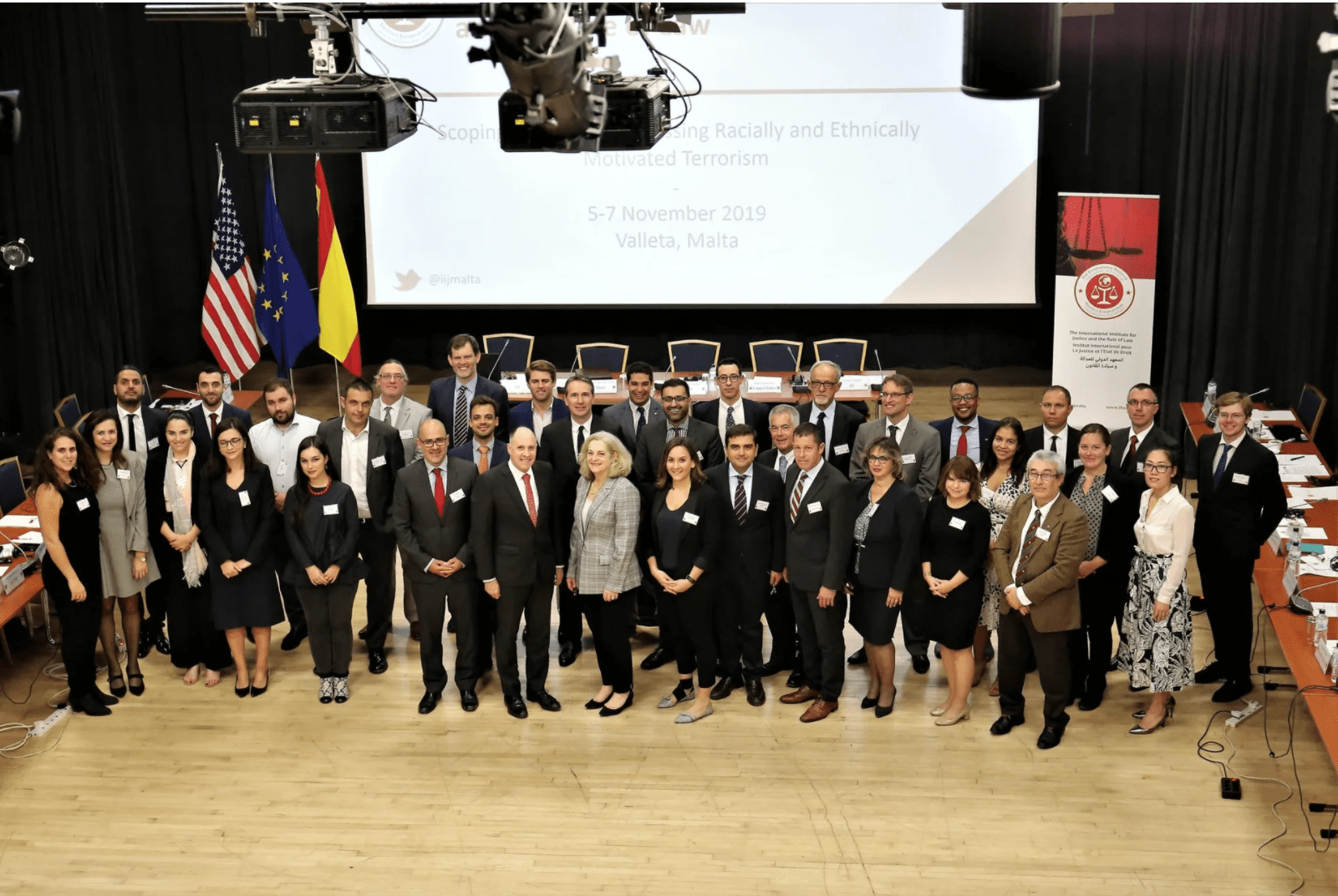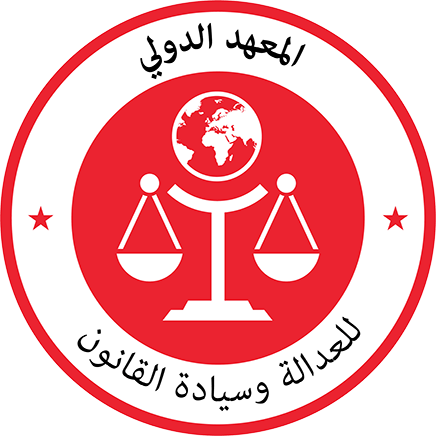
In November 2019, the IIJ welcomed 36 policymakers, academics, and practitioners to a Scoping Workshop on Racially or Ethnically Motivated Violent Extremism (REMVE) in Valletta, Malta. The workshop, convened under the auspices of the IIJ REMVE Initiative, with support from the Governments of the United States and Spain, brought together practitioners from 12 countries across Africa, Asia, North America and the Caribbean, as well as 13 international organisations.
The increasing number of cases of REMVE around the world presents a concerning trend with wide-ranging manifestations and impacts. Recent research also indicates a worrying transition to a transnational threat, with an evolution in the way that organisations are connecting and collaborating.

The IIJ convened this forward-leaning workshop to better define and understand the threat posed by REMVE, to examine what lessons can be drawn from the efforts to address global jihadist groups, and to identify next steps to address this recently globalised phenomenon – perhaps in the form of a recommended Action Plan for the Global CT Community but we are looking at both broad policy ideas and more practitioner-oriented ideas at the level of local communities.
Workshop sessions examined the latest trends in REMVE and how organisations are operating, ways to assess and prioritise risk, ways to share information, systems and processes established for detecting, disrupting, and pursuing REMVE actors, and lessons learned in developing integrated and effective responses. Our practitioner participants shared experiences, evidence and lessons throughout what was a dynamic and highly interactive workshop.

Small working groups allowed issues raised in plenary session to be discussed at greater length. Recurrent themes, information gaps, shared understandings, good practices and recommendations were captured for further action. The final three sessions focused on developing a response matrix for REMVE that will also help shape and inform the IIJ’s possible way forward.
Participants reported that the workshop enhanced their knowledge of REMVE, particularly right-wing extremism. All attendees acknowledged the numerous similarities between REMVE and Islamic jihadism, but emphasised the distinctions that made the REMVE phenomenon unique. Many participants shared that they will continue to conduct research, share information, and coordinate with both the IIJ and other attendees in order to confront the challenges presented by REMVE in their home countries and around the world.
For more information on this workshop or the IIJ REMVE Initiative, please contact Programme Manager Winthrop Wells.

